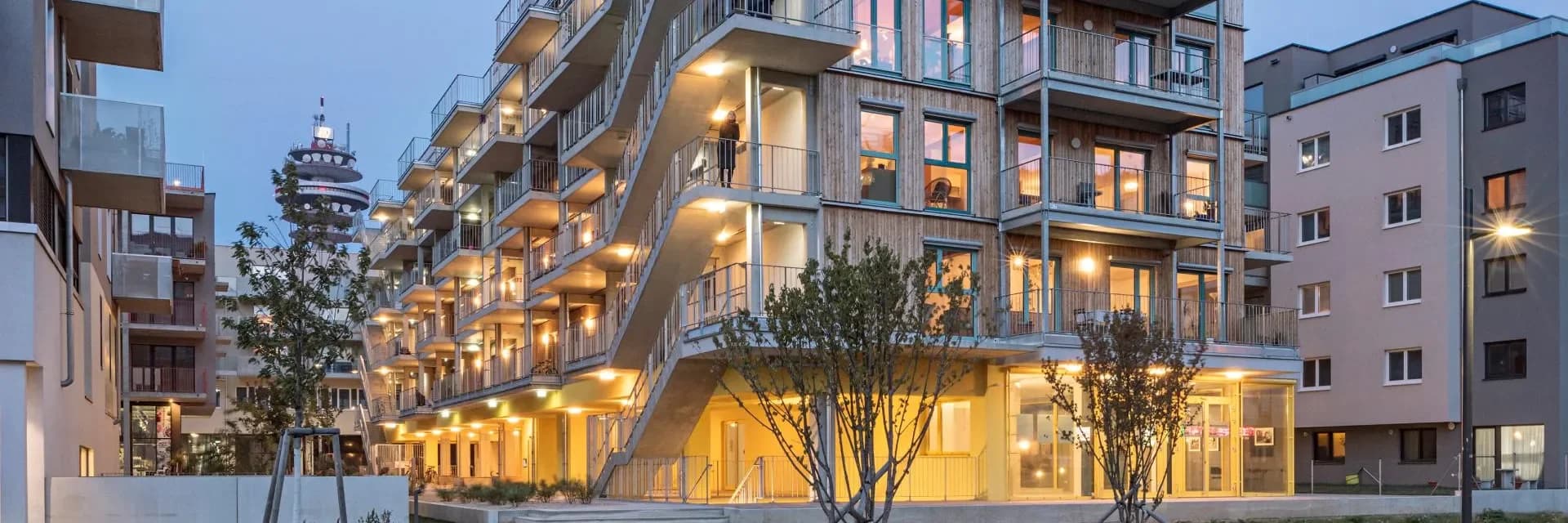AI-Generated Summary
The European Commission has published a comprehensive overview of its initiatives and policies aimed at addressing the pressing issue of affordable housing across Europe. This document outlines the various ways in which the EU supports local, regional, and national authorities in their efforts to improve housing affordability, focusing on sustainable and innovative solutions.
What the EU Does for Affordable Housing
The EU recognizes that housing affordability extends beyond just rent and house prices; it also encompasses heating costs and energy prices. The document introduces the Affordable Housing Plan, which aims to collaboratively tackle the housing crisis while increasing European added value. The EU mobilizes substantial funding for housing, planning to boost both public and private investments further. An operational toolkit has been developed to assist member states in leveraging EU funds for social housing and related services.
Financing and Investment
The Recovery and Resilience Facility is a key element in supporting significant investments and reforms in housing throughout member states, with an estimated expenditure of over 22 billion euros for social housing and around 85 billion euros for energy-efficient renovations. Additionally, a proposal is in place to double cohesion policy funding dedicated to affordable housing, enabling member states to access both public and private financing through a new financial instrument developed in collaboration with the European Investment Bank (EIB).
Construction and Renovation
The Commission is set to propose a Construction Services Act aimed at lowering barriers to cross-border market access for construction services by late 2026. A European Strategy on Housing Construction is also being developed, focusing on how to improve the productivity and competitiveness of the construction sector. The strategy emphasizes the importance of innovative building techniques and sustainable practices, including the use of prefabricated units that can significantly reduce construction waste and time.
Addressing Energy Costs and Efficiency
The EU Affordable Energy Action Plan has been introduced to combat high energy costs and reduce energy poverty, which is crucial in making housing both affordable and sustainable. The Renewable Energy Directive sets ambitious targets for renewable energy usage, aiming for 42.5% in overall energy consumption. The Energy Performance of Buildings Directive aims to ensure that all buildings in the EU are carbon neutral by 2050, focusing on investments in energy renovations that address the needs of vulnerable consumers.
Special Considerations for Specific Groups
The document highlights the importance of catering to various groups with specific housing needs, such as students, the elderly, and marginalized communities. The operational toolkit mentioned earlier can assist member states in leveraging EU funding for social housing tailored to these groups.
Coordination of Economic and Social Policies
As part of the European Semester, the Commission monitors housing market developments, providing tailored recommendations on housing taxation, land use, and permitting. The housing taxation database offers comparable data that can help inform member states’ tax policies, which play a critical role in housing markets. The EU's commitment to affordable housing is evident through these diverse initiatives and policies, aimed at creating sustainable solutions that benefit all citizens across Europe.
